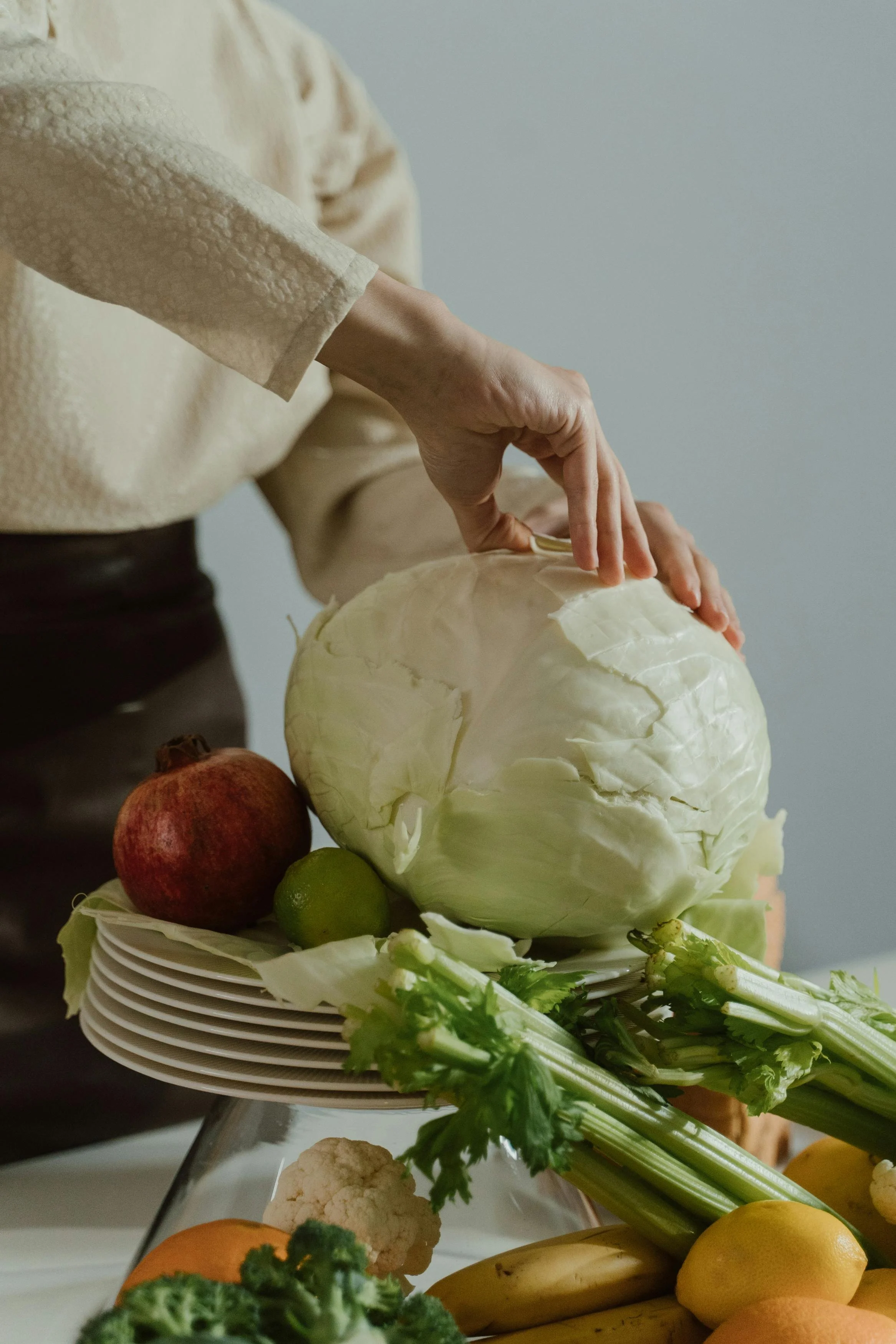The Role of Diet in Preventing Varicose Veins
Varicose veins—those enlarged, twisted veins typically found in the legs—aren’t just a cosmetic concern. They can lead to discomfort, swelling, and in some cases, more serious circulatory issues. While factors such as genetics, aging, and prolonged standing play a role, one often-overlooked contributor to vein health is diet. What you eat significantly influences your blood circulation, vascular strength, and inflammation levels—all key elements in the prevention of varicose veins.
Adopting a vein-friendly diet won’t reverse existing varicosities, but it can help prevent new ones from forming and reduce the progression of current ones. Here’s how diet impacts vein health and which foods to include regularly.
How Diet Impacts Vein Health
1. Blood Flow and Viscosity
A well-functioning circulatory system relies on smooth blood flow. Diets rich in saturated fats and low in fiber can contribute to sluggish circulation and thicker blood, making it harder for veins to return blood to the heart. Over time, this pressure can lead to valve failure in the veins, causing blood pooling and varicosities.
2. Inflammation and Oxidative Stress
Inflammation weakens blood vessel walls and damages vein valves. Similarly, oxidative stress—caused by an imbalance between free radicals and antioxidants—accelerates vein degradation. Diets high in processed foods, sugars, and trans fats amplify these effects.
3. Collagen and Elastin Production
The strength and elasticity of your vein walls depend on two key proteins: collagen and elastin. Without adequate nutritional support—especially from vitamin C and protein—your veins are more likely to become weak and distended.
Foods That Promote Healthy Veins
Let’s explore the specific foods that help reduce your risk of varicose veins by supporting circulation, reducing inflammation, and strengthening blood vessels.
Berries: Antioxidant Powerhouses
Blueberries, strawberries, blackberries, and raspberries are rich in anthocyanins and vitamin C. Anthocyanins help protect blood vessels from oxidative stress, while vitamin C supports collagen production.
How to enjoy: Toss them into smoothies, yogurt, or oatmeal. Freeze them for a refreshing snack.
Leafy Greens and Cruciferous Vegetables
Spinach, kale, broccoli, Brussels sprouts, and arugula are packed with fiber, antioxidants, and vitamin K. Fiber reduces pressure on veins by promoting digestive regularity, while vitamin K helps regulate blood clotting and may strengthen capillaries.
Bonus tip: These vegetables also contain lutein and zeaxanthin, which promote overall vascular health.
Garlic and Onions
Known for their anti-inflammatory and blood-thinning properties, garlic and onions improve circulation and reduce the pressure within veins.
Incorporation ideas: Use them generously in soups, stews, salad dressings, and roasted vegetable dishes.
Citrus Fruits
Oranges, lemons, limes, and grapefruits are loaded with vitamin C and flavonoids, which together support vein structure and reduce inflammation.
Try this: Start your morning with a glass of warm lemon water or add fresh orange slices to your salad.
Fatty Fish
Omega-3 fatty acids found in salmon, mackerel, sardines, and anchovies reduce inflammation and improve overall cardiovascular function, including vein health.
Serving suggestion: Aim for at least two servings of fatty fish per week. Try baking or grilling with herbs and lemon.
High-Fiber Carbohydrates
Sweet potatoes, quinoa, oats, and legumes keep the digestive system moving and reduce strain on veins. Fiber is crucial for preventing constipation—a common contributor to venous pressure and varicose vein development.
Daily goal: Adults should aim for 25–35 grams of fiber per day from whole food sources.
Nutrients to Watch For (Non-List Explanation)
Beyond specific foods, a vein-friendly diet relies on key nutrients. Flavonoids—found in a wide array of fruits and vegetables—improve circulation and reduce vein swelling. Rutin, a specific type of flavonoid found in apples, asparagus, and buckwheat, has been shown to strengthen capillaries and alleviate symptoms of varicose veins.
Vitamin E, abundant in almonds, sunflower seeds, and avocados, acts as an antioxidant and improves blood flow. Potassium is another critical mineral that helps balance fluid levels and reduce water retention, which eases vein pressure. Bananas, white beans, and leafy greens are great potassium sources.
It’s also essential to stay hydrated. Dehydration thickens the blood and impairs circulation, placing added stress on veins. Water, herbal teas, and water-rich fruits like watermelon and cucumbers can help you meet your daily fluid needs.
Foods to Limit or Avoid
While adding healthy foods is important, avoiding certain items can further support vein health.
1. Refined Sugars and Processed Foods
These increase inflammation and contribute to weight gain—both risk factors for varicose veins.
2. Excessive Sodium
High sodium intake causes the body to retain water, increasing blood volume and venous pressure. Limit processed snacks, canned soups, and fast food.
3. Trans Fats and Saturated Fats
These fats, found in fried foods, margarine, and commercially baked goods, negatively impact circulation and contribute to vascular inflammation.
Lifestyle Pairings: Beyond Diet
To maximize the benefits of your diet, pair it with healthy lifestyle habits:
Move regularly: Walking, swimming, and yoga improve circulation.
Elevate your legs: This helps blood flow back to the heart, especially after standing for long periods.
Wear compression socks: Especially if you’re prone to standing or sitting for extended hours.
Maintain a healthy weight: Excess weight increases strain on your veins.
Conclusion: Small Changes, Lasting Impact
While genetics and lifestyle choices like exercise play undeniable roles in vein health, your daily diet can be a powerful tool in preventing varicose veins. By choosing nutrient-dense, anti-inflammatory foods and avoiding processed, inflammatory ingredients, you can support stronger, more elastic blood vessels and reduce your risk of developing varicosities.
You don’t have to overhaul your entire eating pattern overnight. Start small—perhaps with a berry-rich breakfast or by swapping refined grains for fiber-rich alternatives. Over time, these nutritional shifts can lead to stronger, healthier veins and improved overall wellness.
Elmore Medical Vein & Laser Treatment Center is the premier vein specialty medical practice in the Central Valley. Dr. Mario H. Gonzalez and his staff offer years of experience and medical expertise that you won’t find anywhere else. Contact us to set up a consultation appointment.

